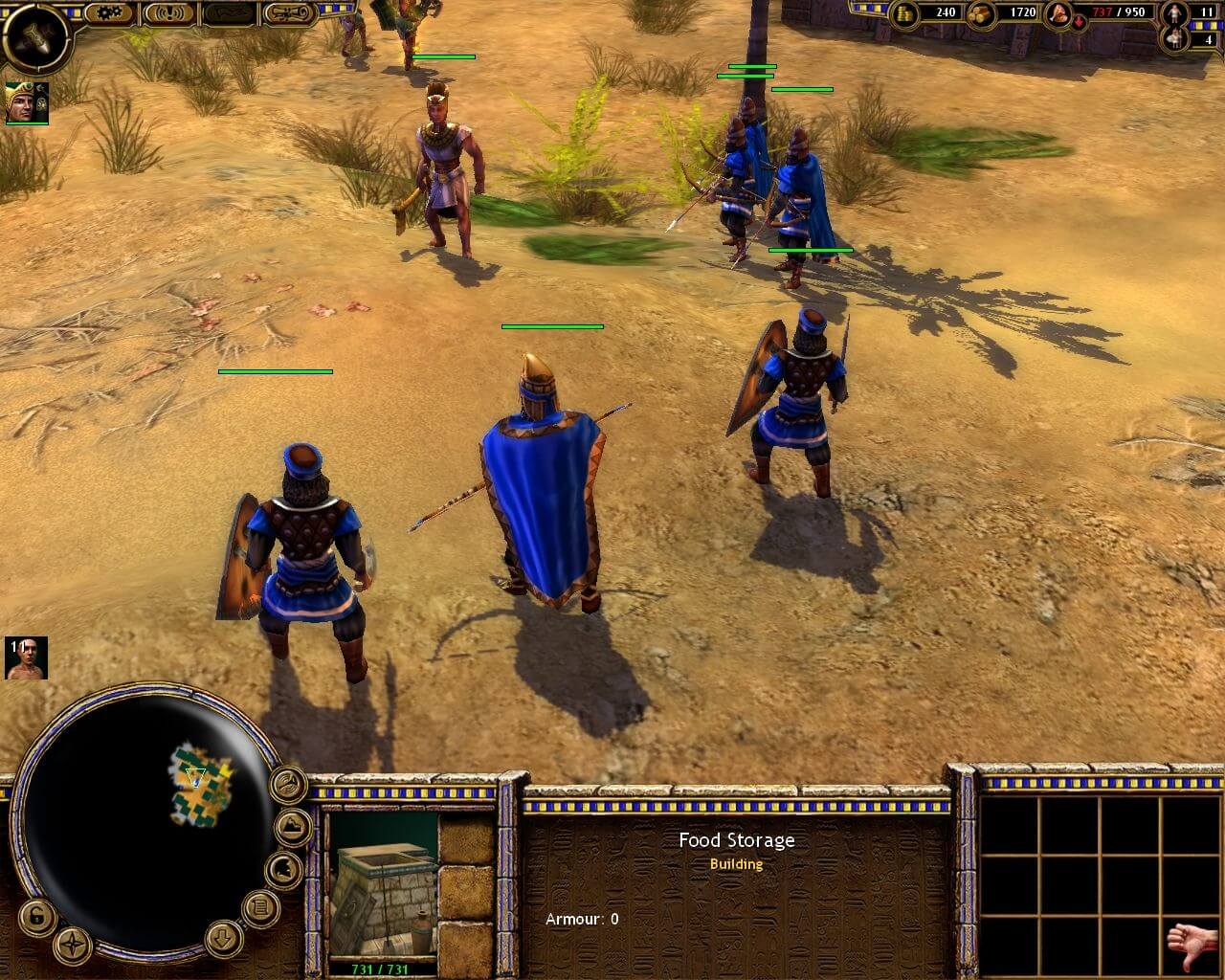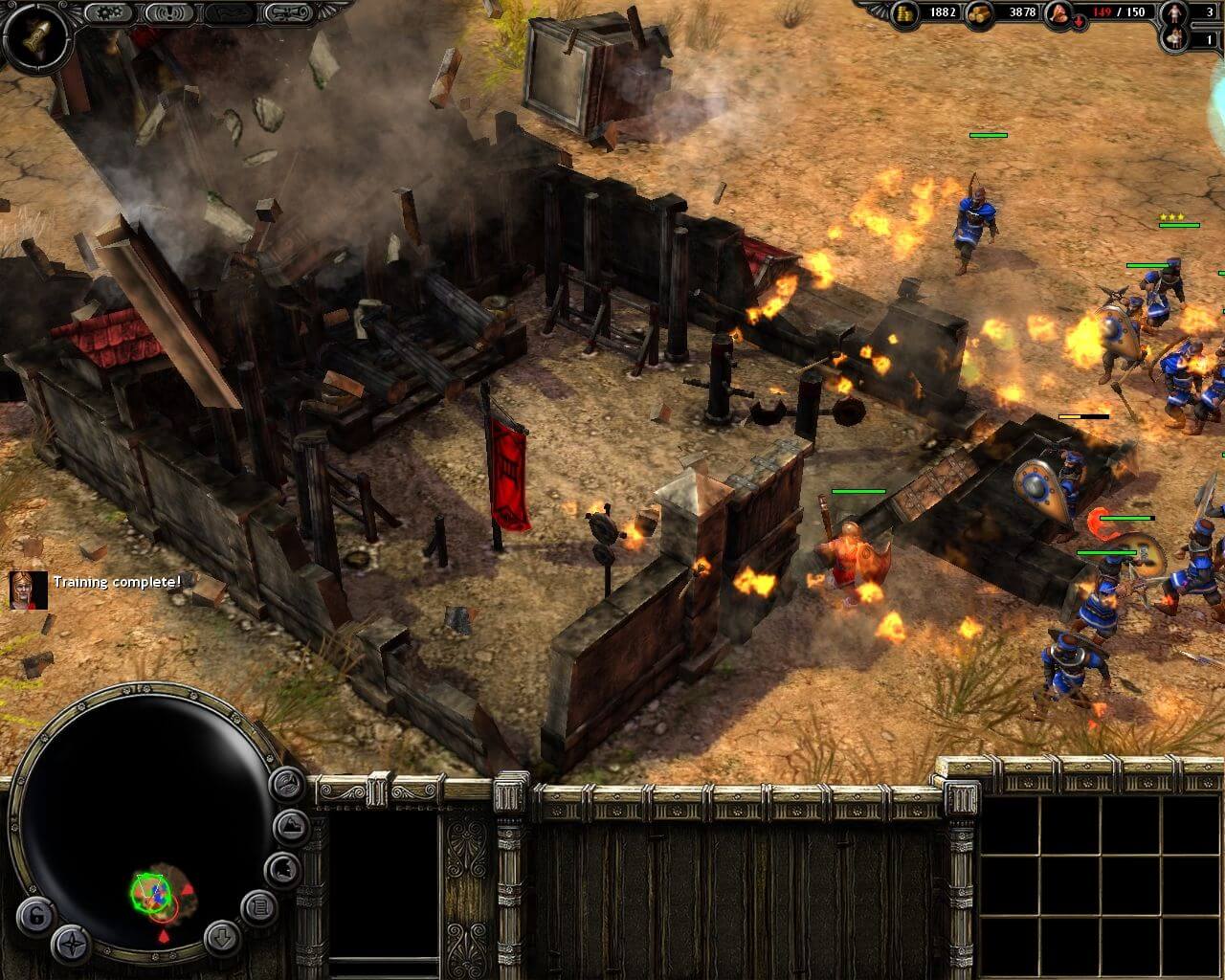

The members of the Assembly had time to work on public affairs because slaves did most of the physical work in the polis. Women could own property but were not allowed to participate in the democratic process. Athens encouraged outsiders to move to their polis, but only free-born males could vote. Only adult males born in Athens participated in the assembly.

At the end of the year, members of the boule appeared before the Assembly to account for their work. Members of the boule were not elected they were chosen randomly from the Assembly so that every qualified person had an equal opportunity to serve on the council. However, gathering all citizens together to make decisions is not practical in large countries such as the United States.Ī council known as the boule managed the daily affairs of the polis. ) was an Athenian statesman who assembled a group of ordinary citizens to vote on how Athens was to be governed.This bas-relief of Solon is included with those of 22 other great lawmakers in the United States Capitol.ĭirect democracy was possible in ancient Athens and even today is the system by which many small towns operate. Most democratic nations have elected representatives to make laws, but Athens was a direct democracy because the citizens acted as lawmakers. The government created by Solon was a democracy, where the people ruled the polis. The word for people in ancient Greek was demos. The Assembly gathered forty times a year and was open to all male citizens with at least two years of military service. Solon repealed Draco’s harshest laws assembled a group of ordinary citizens to vote on how Athens was to be governed.

In 594 BCE, Solon became the leader of Athens. The aristocratic leaders learned to consider the needs of all Athenian families to keep from losing support from the army. By the time of Draco’s rule, soldiers no longer needed to be wealthy enough to afford a horse, so Athenians from less prosperous families could join the army. The mighty phalanx was more powerful than any individual aristocratic warrior.

The Athenian army fought in a phalanx, a military formation of soldiers with overlapping shields that moved together as a unit. Today we use the word draconian to describe laws that are unnecessarily harsh or unjust. Draco’s court meted out harsh punishments for even minor offenses. About 622 BCE, a tyrant named Draco created a written legal system and a court to enforce his laws.


 0 kommentar(er)
0 kommentar(er)
